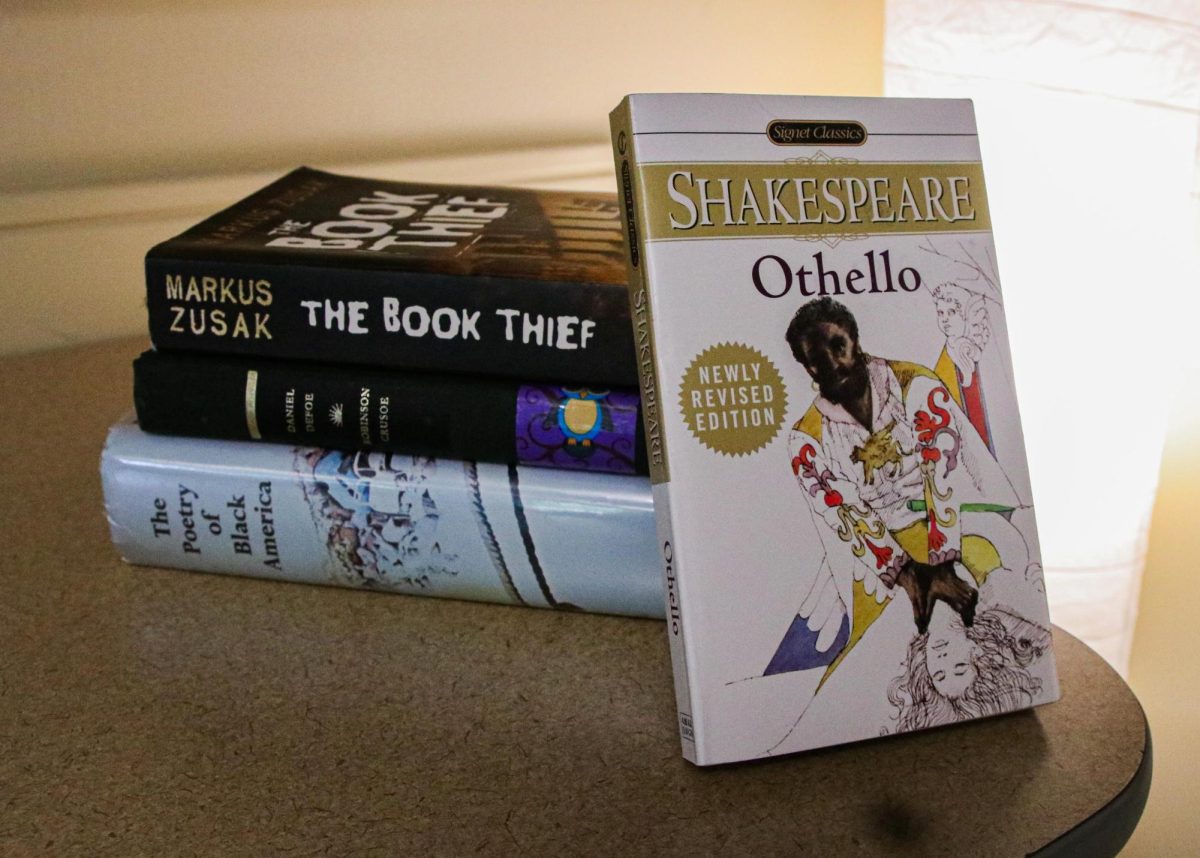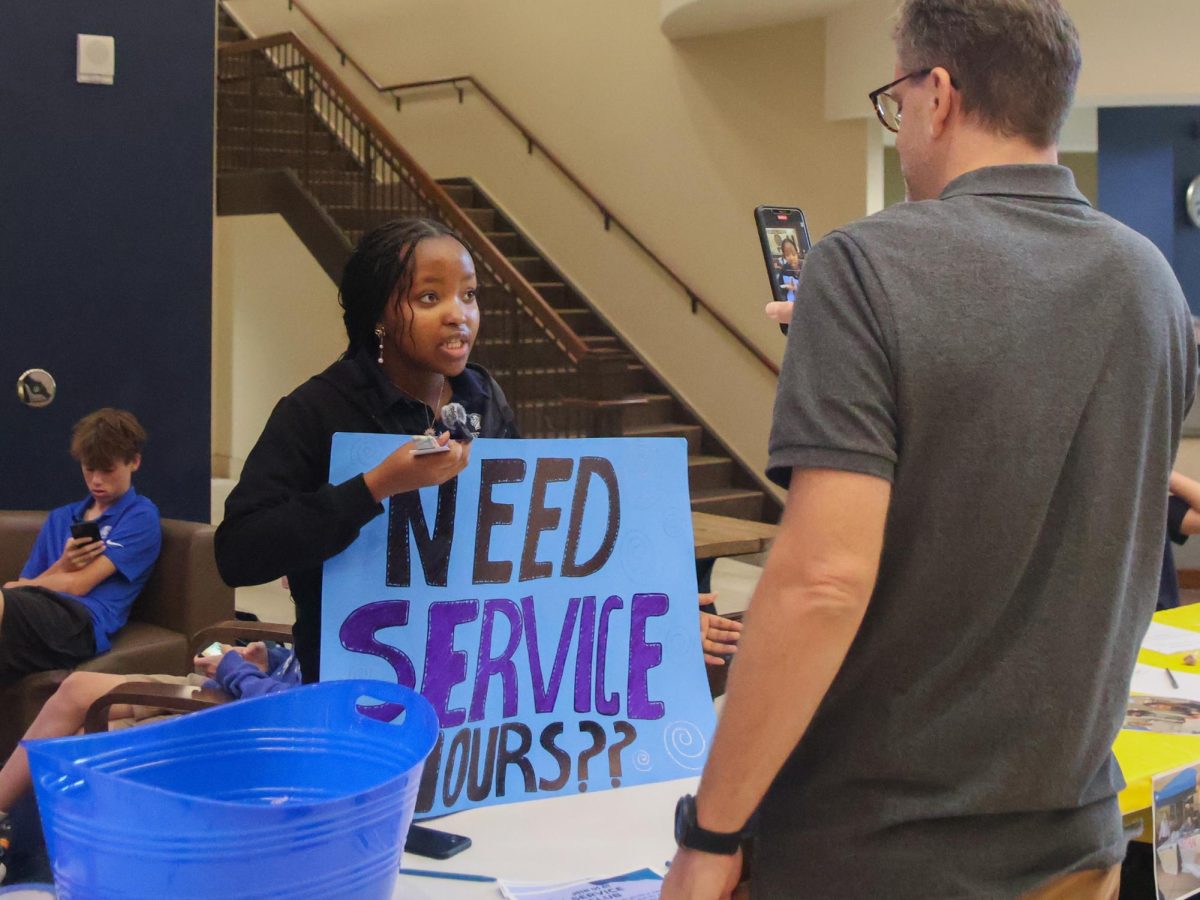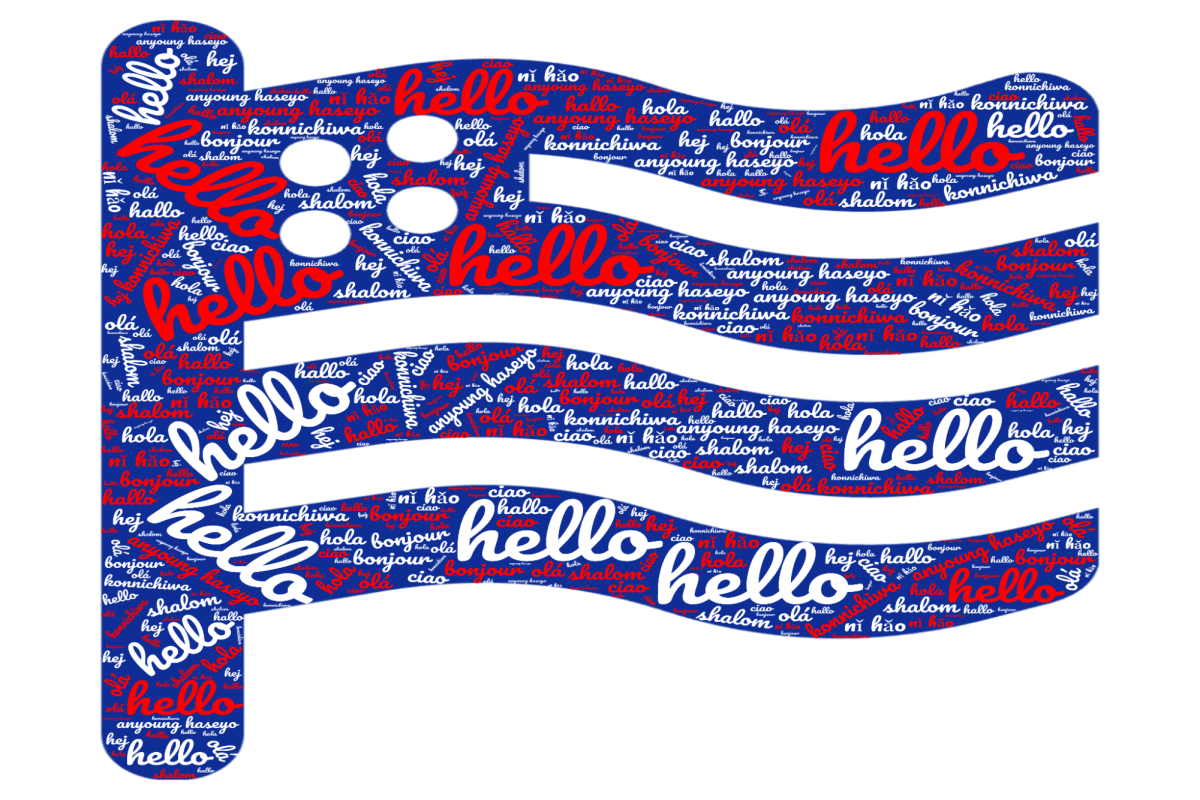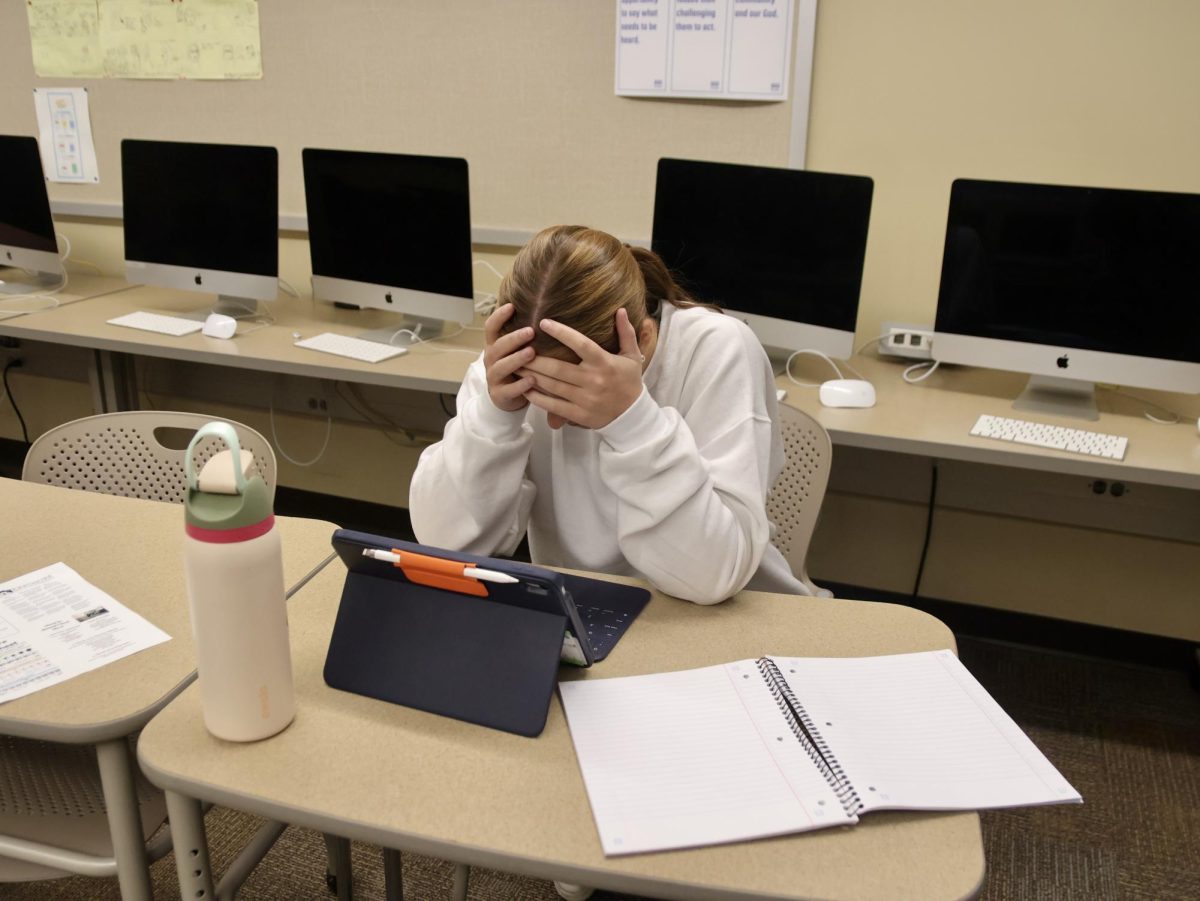Between song, drama, novel, and film, the way stories are told has changed greatly over the course of time.
These mediums and the developing world around them have changed how humans give and receive stories. From the invention of the printing press and internet to change in memory ability, the ways stories have evolved and their effects have changed the world in return.
Stories have always existed. From the beginning of the world, parents have been telling their children tales of both the real world and imaginations from within the mind. However, the way stories are told has advanced throughout time. It began with word of mouth, the passing down of stories generation after generation. There was both story and song, poem and paragraph, passed down through memory. Once paper was invented, it was much easier to pass down stories beyond just word of mouth. Tales were copied, books written, and new ideas produced.
Josh Yergler, Upper School English Teacher, expresses how these new developments changed everything:
“Our imaginations are constrained compared to what they used to be 200 years ago […] memory has gone down since the invention of the printing press, even more so since the internet […] memory suffers with the age of the image.”
Once information began to be stored in books and written works, the use of memory was less dominant, but even more so when you didn’t need to remember a fact or look in a book to find it, but merely pull out your phone.
In fact, Heidi Thies, English Department Co-Chair and Upper School English Teacher, explains how because of this:
“People often want to consume stories in smaller amounts of time […] interested in watching the movie instead of reading the book.”
In addition to a surge in memory loss, people’s attention spans have shrunk significantly. Humans in centuries prior were able to focus on one thing for hours on end, whereas today, they get bored after mere minutes. Instead of sitting to listen to a story for hours on end, people today won’t even pick up a book to read anymore. Instead of reading the full story, they sit to watch a movie, consuming the entire plot in less than two hours. Even further than that, YouTube, TikTok, and Instagram have made it possible to consume stories in mere seconds.
Yergler expands on this, considering that “it seems to be that books are getting smaller because attention spans are getting shorter.”
Although the world today is used to simply watching a movie or scrolling on a streaming platform when bored, stories have been told in many different ways throughout time, and the ways it has changed has, in turn, affected the world. So the next time you read a book, watch a movie, or binge watch your favorite Netflix show, recognize that many of those stories have links from centuries past.









